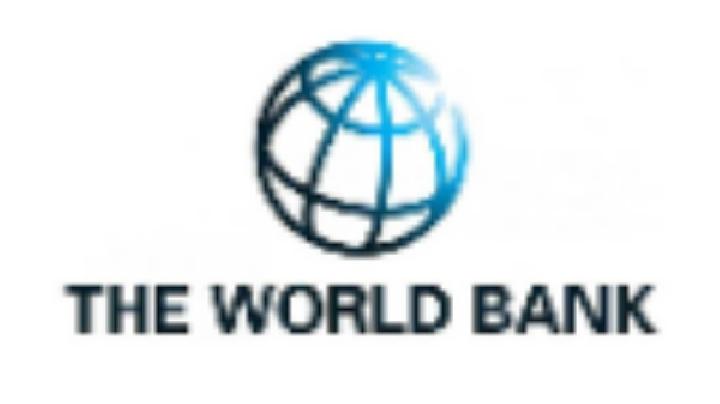Indonesian Economy Adjusting to Pressures
Translator
Editor
Selasa, 2 Juli 2013 17:28 WIB

TEMPO.CO, Jakarta - Indonesia is adjusting to continued pressures on the economy, marked by slower first quarter growth and moderating domestic demand, as well as a long-anticipated reduction in fuel subsidies coupled with a comprehensive compensation package, according to the World Bank's latest Indonesia Economic Quarterly (IEQ).
The prospect of the US Federal Reserve ending its bond purchase program in 2014 has triggered a major sell-off in emerging market assets, prompting Bank Indonesia to raise its interest rates, as a policy adjustment to changing external circumstances.
The World Bank forecasts that economic growth for 2013 will be 5.9 per cent, below previous projections of 6.2 percent this year, reflecting a moderation in domestic demand growth and the recent continued downward pressure on commodity prices and export revenues.
"Although monetary and fiscal policies have been responsive, other pressures are emerging, requiring readiness for further policy adjustments to safeguard macroeconomic stability and maintain Indonesia's growth momentum," says Ndiamé Diop, World Bank Lead Economist. "Maintaining flexible yet predictable and well-communicated macroeconomic policies will help Indonesia navigate through this period of significant uncertainty."
The sizeable increase in subsidized fuel prices--a major reform--will help cap the 2013 Budget deficit, resulting in projected savings of Rp42 trillion this year, says the IEQ.
In addition to addressing escalating demand for imported energy amidst declining domestic oil production, the subsidy reform is an important step towards boosting spending on social assistance programs, in order to help more Indonesians escape poverty. The poverty rate is projected to decline to 9.4 percent by March 2014.
"Shielding poor families from the impact of higher fuel prices is our utmost priority, and that is why we created a compensation package that brings Indonesia closer to a more comprehensive, integrated and well-targeted social support system," says Hatta Radjasa, Indonesian Coordinating Minister for Economic Affairs, referring to the Special Compensation Program (Program Kompensasi Khusus), which includes an unconditional cash transfer (Bantuan Langsung Sementara Masyarakat-BLSM) targeted to 15.5 million of Indonesia's poorest households for a period of four months.
"Unconditional cash transfers provide adequate, timely and effective assistance for poor and vulnerable families affected by subsidy reform," added Coordinating Minister Radjasa.
While the World Bank expects economic growth in Indonesia to slow only moderately in 2013 and to pick up again in 2014, there is a risk of a more pronounced slow-down. Further weakening of global commodity prices would weigh on Indonesia's economic outlook, given their importance for foreign currency earnings, corporate profits and investment activity. Indonesia's major commodities prices have generally decreased and are now more than 20 percent lower than their recent highs in 2011. (*)




















